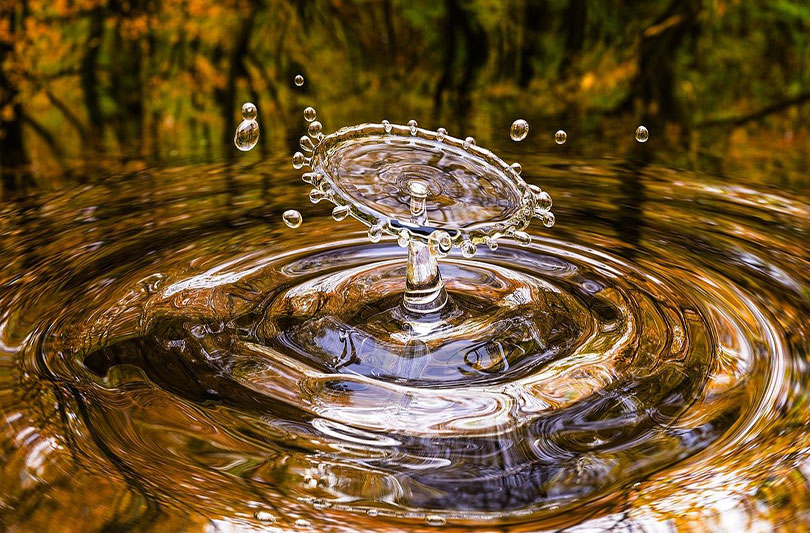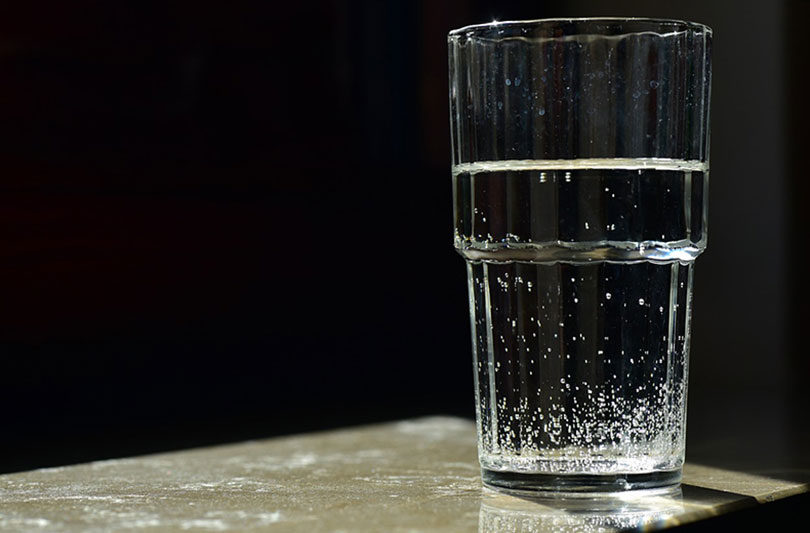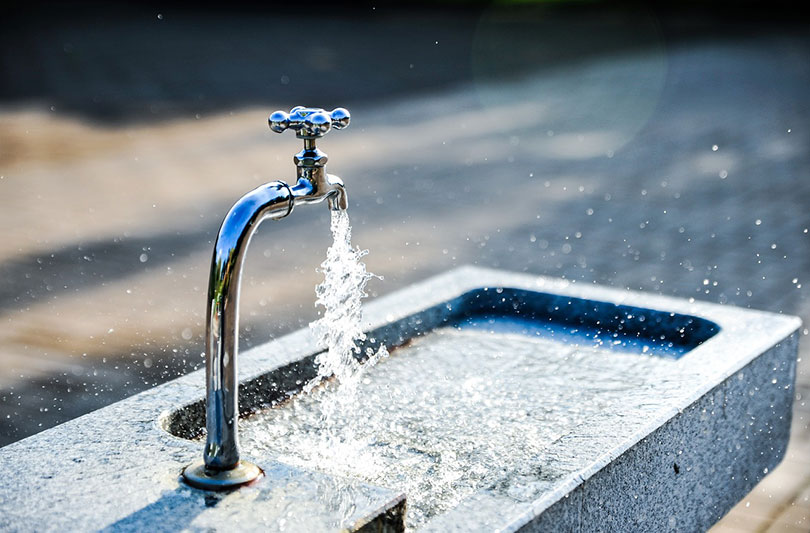If you’re experiencing annoying issues with your water supply, such as limescale build-up, it might be that you live in one of the UK’s hard water areas. In this article we explain what hard water is, highlight some of the problems and solutions, and help you work out whether or not your property is on the UK’s hard water map.
What is hard water?
Hard water contains high levels of certain minerals, typically magnesium and calcium. These minerals are dissolved in the water, and are not generally considered to be harmful to health. You won’t always be able to see this hardness but you might be able to detect some of the effects. If you’ve noticed limescale from the kettle in your cup of tea, or are having to use more detergent than expected, it’s likely you live in a hard water area.
Why is water harder in some areas than others?
The hardness of your water will depend on the type of rock it flows through before it enters treatment plants and your water system. When you look at a hard water map of the UK, you’ll see that this is a question of local geology. When it falls as rain, water is always soft but its reaction to the rocks it lands on can make a big difference to the level of hardness.
If the rocks your water flows through are porous, for example chalk or limestone, the water will absorb more minerals, leading to hard water. If you live in an area of harder rock such as granite, your water will absorb less minerals, and you ‘ll have softer water.

What problems can hard water cause?
Because of these dissolved minerals, hard water can cause a number of issues. Limescale, dullness after cleaning, and a lack of suds from personal or washing detergents are amongst the less serious problems but left untreated, hard water can start to be a financial problem.
If you notice yourself needing to replace smaller appliances and fittings such as kettles and shower heads more often, experience larger than expected energy costs, or have problems with your big appliances, such as washing machines and boilers, it could be that the deposits left by heated hard water are the root of your issues.
How is water hardness calculated?
The hardness of your water is measured by the number of mineral particles dissolved in it. This is recorded in parts per million or PPM. Softer water will have fewer particles, harder water will have more. Over time this system of measurement has evolved to provide a set of useful categories. Around 65% of the UK’s mains water is classified as hard. We’ve added two useful examples below.
Water that is soft or moderately soft has between 0 and 100 PPM. This would be found in areas like the South West or Scotland.
Water that hard to very hard has over 200 PPM. Many areas in the South East of England, including London and Suffolk have water that is this hard.
Hard Water Map – A table of water hardness in the UK
| Region | Water Hardness | PPM (parts per million) |
|---|---|---|
| London | Hard to very hard | 200+ |
| North East | Soft to hard | 0 – 275 |
| North West | Soft to moderately soft | 0 – 100 |
| Yorkshire | Soft to moderately soft | 0 – 100 |
| East Midlands | Moderately hard to hard | 151 – 275 |
| West Midlands | Moderately hard to hard | 151 – 275 |
| South East | Hard to very hard | 201+ |
| East of England | Hard to very hard | 201+ |
| South West | Soft to moderately soft | 0 – 100 |
| North Wales | Soft to moderately soft | 0 – 100 |
| Mid Wales | Soft to moderately soft | 0 – 100 |
| South East Wales | Soft to hard | 0 – 275 |
| South West Wales | Soft to moderately soft | 0 – 100 |
| Scotland | Soft to moderately soft | 0 – 100 |
| Northern Ireland | Soft to hard | 0 – 275 |
You can investigate the hardness level of your water in more detail by visiting your local water supplier’s website. If you don’t know who your water supplier is, Water UK have a postcode search facility that will help.

How can I solve my hard water issues?
Some of the more minor hard water issues can be solved with traditional or reparative remedies. These include:
- Adding washing soda to your washing detergent
- Boiling water before you use it for drinking or brushing your teeth
- Using bespoke water softening products
- Cleaning cloudy surfaces with distilled white vinegar
These remedies however can be fiddly and time-consuming, and they won’t protect your larger appliances and water pipes from hard water deposit build-up.
The best and most convenient way to deal with the many problems caused by hard water is to invest in a water softener system that treats your water as it enters your home. Once you’ve done this, you won’t have to worry about limescale build-up, you won’t need to undertake special cleaning routines, and you’ll be able to enjoy shampoos and bubble baths once more.
Take yourself off the hard water map
Unless you want to move house there’s not much you can do about living in a hard water area but a water softener can deal with the problems hard water is causing in your home. At Hart Water we offer competitive pricing on a range of water softeners, including installation, repair and servicing.
If you have any questions, please feel free to get in touch today. Our expert team would be more than happy to help you.
- Water Softener Size Guide: How to Select the Perfect Fit for Your Home or Business - February 25, 2025
- Under Sink vs Whole House Water Filters: The Complete Homeowner’s Guide - November 27, 2024
- 7 Surprising Ways Water Softeners Transform Your Skin: Unveiling the Secret to Radiant Complexion - July 17, 2024

